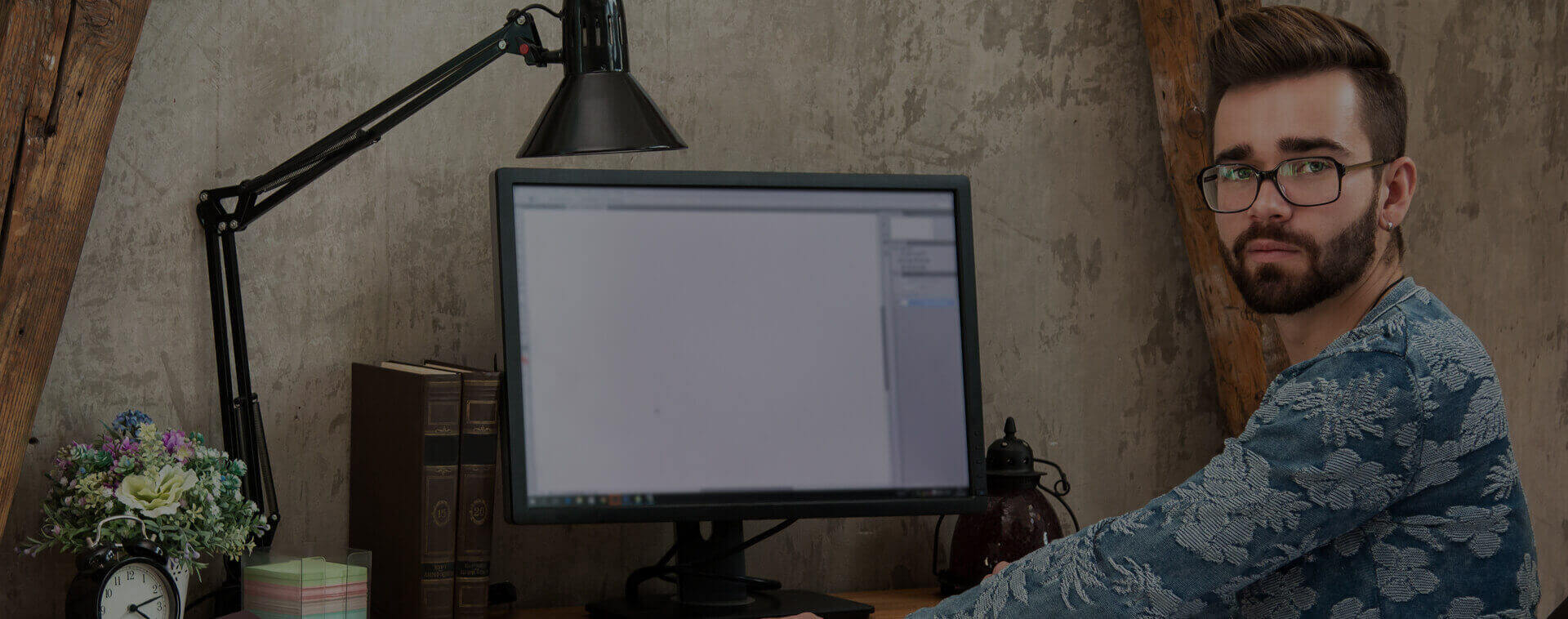What secure sex, consent and psychological state appear to be inside age Tinder and Bumble.
Common discourse on internet dating applications frequently associates their incorporate with “risky” gender, harassment and bad psychological state. But those who have used a dating software understands there’s way more to it than that.
The brand-new studies have shown dating applications can enhance younger people’s personal connectivity, relationships and close relationships. However they could be a supply of frustration, getting rejected and exclusion.
The research may be the very first to receive app customers of diverse genders and sexualities to share their own activities of software utilize, security and wellness. Your panels matched an internet research with interviews and inventive workshops in urban and regional unique Southern Wales with 18 to 35 season olds.
While internet dating applications were utilized to suit visitors for gender and lasting relationships, they certainly were commonly always “relieve boredom” and for “chat”. The preferred apps used were Tinder among LGBTQ+ female, straight males and females; Grindr among LGBTQ+ guys; okay Cupid among non-binary participants; and Bumble among straight ladies.
We found that while app users recognised the risks regarding dating software, in addition they had a variety of methods of assist them to feel safer and manage their well-being – including negotiating consent and safe sex.
Protected sex and permission
Software that need a mutual match before messaging – in which both sides swipe best – were thought to filter out lots of unwanted relationship. Most players considered that red flags happened to be very likely to can be found in chat in place of in user profiles. These integrated pushiness and possessiveness, or emails and images which were also sexual, too early.
Charles, 34, gay/queer, men, as an example, defined warning flag as, “nude photos completely unsolicited and/or first message that I have away from you is five pictures of the dick. I’d think that’s a straight increase signal that you’re not likely to honor my boundaries […] So I’m not browsing have the opportunity to say no to you personally when we meet in actual life.”
Negotiating permission
Consent appeared as a vital focus across every area associated with the study. Participants usually noticed much safer whenever they had the ability to clearly negotiate the kinds of intimate communications they wished – or didn’t want – with a prospective spouse.
Of 382 research players, female respondents of sexualities are 3.6 era very likely to need to see app-based details about intimate permission than male individuals.
Amber, 22, advised discussing consent and safe gender via speak. “It’s a fun conversation. It willn’t have to be sexting, it willn’t need to be super sensuous […] I just desire it was smoother simply to go over intercourse in a non-sexual ways. The vast majority of women being my pals, they’re similar, ‘it’s far too shameful, we don’t talk about intercourse with a guy’, not even when they’re having sex,” mentioned emerald.
However, other individuals troubled that sexual negotiations in talk, like on the topic of STIs, could “ruin the minute” or foreclose permission possibilities, ruling from the probability that they might change her brain. Chelsea, 19, bisexual, female, mentioned, “Am I supposed, ‘okay therefore at 12 o’clock we’re planning to repeat this’ and let’s say we don’t would you like to?”
Protection safety measures
Whenever it found meeting up, lady, non-binary everyone and guys that has gender with men explained safety procedures that involved discussing their particular venue with buddies.
Ruby, 29, bisexual, female, had an online team speak to family in which they would share information on who these people were ending up in, and others outlined telling feminine relatives in which they planned to feel.
Anna, 29, lesbian, female, explained an arrangement she had with her company for getting from bad dates. “If at any aim I deliver all of them a note about athletics, they know that crap goes straight down […] Therefore if I deliver all of them an email like, “How may be the football going?” they know to know me as.”
But while all individuals explained “ideal” security safety measures, they failed to constantly follow them. Rachel, 20, right, feminine, setup an app for advising friends once you anticipate to end up being residence, but then removed it. Amber said, “we tell my buddies to only hook up publicly despite the fact that I don’t adhere that tip.”
Dealing with frustration
For all players, online dating software given an area for delight, enjoy, hooking up with community or fulfilling new-people. For others, app need could be tense or frustrating.
Rebecca, 23, lesbian, feminine, mentioned that software “definitely can submit anyone into a-deep despair and an ego boost. In the event that you’ve come regarding application along with little to no suits or no triumph, you start to inquire your self.”
Henry, 24, right male, felt that many straight guys skilled applications as a place of “scarcity” as opposed to “an variety of choice” for women. Regina, 35, directly, female, recommended that app people just who believed unsuccessful are more likely to keep this to by themselves, further increasing ideas of separation. “In my opinion when individuals are having trouble utilizing the applications. are quite personal about any of it. They’ll best give friends who they understand become standard or present customers and might reveal her use – even bordering on addiction to swiping – in a sensitive moment.”
Members shared a variety of individual techniques for managing the stress involving application need like having periods, deleting apps, turning off “push” announcements and limiting times used on programs.
Although many participants welcomed extra attention to software among health professionals and general public health companies, they informed them against identifying applications as “risky” spots for sex and connections.
As Jolene, 27, queer, feminine, said, “App relationships is simply part of typical online dating lives and so fitness advertising should https://datingmentor.org/tr/seyahat-tarihleme/ fully integrate they in their promotions, as opposed to it be something forte or various.”
Anthony McCosker are an associate at work teacher in mass media and marketing and sales communications at Swinburne institution of Technology.
This article initially showed up regarding the dialogue.


